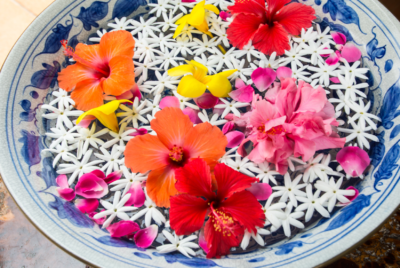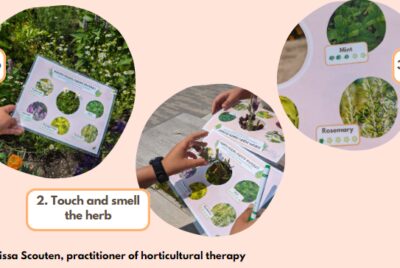RESEARCH
Mental Health Clinicians’ Perceptions of Nature-Based Interventions within Community Mental Health Services: Evidence from Australia
Summary
This study in Australia explored what mental health professionals think about using nature-based activities, like walking groups, as part of community mental health services. The researchers interviewed fifteen clinicians to understand their opinions on the good things about these activities and what might make them difficult to put in place. The clinicians talked about their own positive experiences with nature and often encouraged their patients to spend time outdoors. They were asked about how they felt about formally introducing nature-based programs into their work.
The mental health clinicians generally believed that spending time in nature could really help their patients by making them feel more relaxed, improving their mood, increasing social connections, and boosting their confidence. They thought these activities could be a good alternative for people who don’t connect with traditional therapy. However, they also pointed out several challenges, such as patients not being motivated, feeling anxious in public, having physical limitations, or simply not seeing the benefits. From an organizational standpoint, they were concerned about safety risks and whether their services would see enough value in these new types of programs compared to standard treatments.







